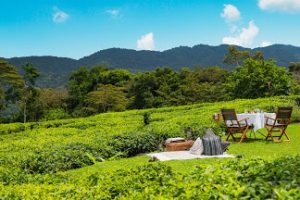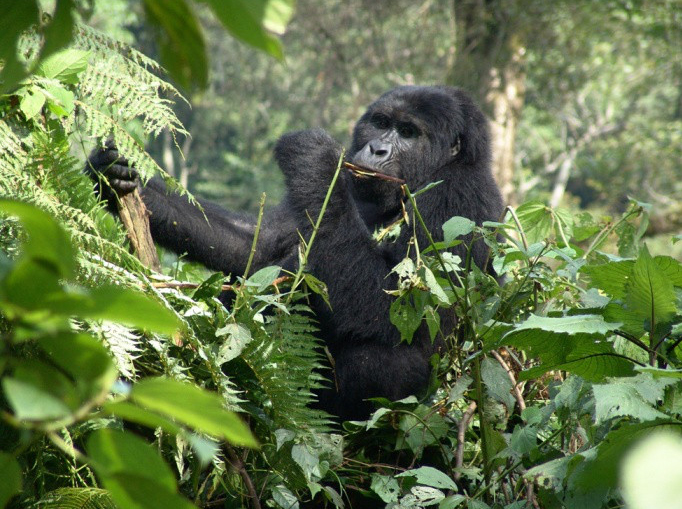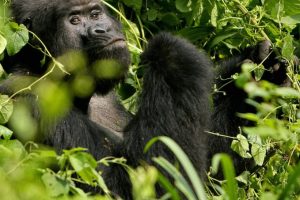The culture of Rwanda is so different from that of other African countries where there are many tribes. Rwanda is currently a unified state right back from the pre-colonial period of which the country consists of one tribe known as the Banyarwanda sharing a single language and cultural heritage.
Eleven regular national holidays take place throughout the year with others occasionally inserted by the government and the week following Genocide Memorial Day on 7th April is declared as an official week of mourning however, the last Saturday of every month is designated for Umuganda which is a country’s national day of community service and during the Umuganda, all normal services in the country are shut down.
Music and dance
Music and dance are a must during Rwandan ceremonies, storytelling, festivals and social gatherings of which the most popular traditional dance is known as ‘’Intore’’, a highly choreographed routine consisting of three components such as the ballet which is performed by women, the dance of heroes which is performed by men, and the drums.
As a tradition in Rwanda, music is transmitted orally with styles varying between the social groups. Drums are of great importance and drumming by the royal drummers who are traditionally known the Mwami who usually play together in groups of seven or nine of them.
Rwanda’s cuisine
Rwandan cuisine basically relies on local staple foods which are produced by the traditional subsistence agriculture and historically it has varied among the country’s different ethnic groups.
Rwandan staples include; plantains which are locally called Ibitoke, sweet potatoes, bananas, Irish potatoes, pulses, beans, cassava (Manioc) and many others.
A majority of Rwandans do not eat meat more than a few times a month of which tilapia, Nile perch, silver fish and other fish species are the most popular especially those who near water bodies such as Rivers and Lakes.
Ugali/Ubugali which is a mixture/combination from cassava or maize and water in order to form a porridge-like consistency is also famous in the whole of East Africa of which Rwanda is also inclusive plus Isombe which is also made from mashed cassava leaves and served with dried fish.
Melange is a buffet of lunch consisting of the above staples and possibly meat. Brochette is the most popular food when eating out in the evening usually made from goat but sometimes tripe, beef, pork or fish. In rural areas, many bars have a brochette seller responsible for tending and slaughtering the goats, skewering and barbecuing the meat, and serving it with grilled bananas.
Milk particularly in a fermented (Ikivuguto) is a popular drink all over the country though other drinks include; a traditional beer known as Urwagwa and it is made from sorghum or bananas and mostly seen in traditional rituals and ceremonies. Commercial beers brewed in Rwanda include; Primus, Mützig and Amstel.
Arts and crafts
Traditional arts and crafts are bared all over the country though most originated as functional items rather than purely for decoration.
Woven baskets and bowls are so popular and in the south east of Rwanda you will meet (Imigongo) which is a unique cow dung art and its history dates back to when the region was part of the independent Gisaka kingdom.
The dung is mixed with natural soils of various colors and painted into patterned ridges forming geometric shapes. Other crafts in Rwanda also include pottery and wood carving.





